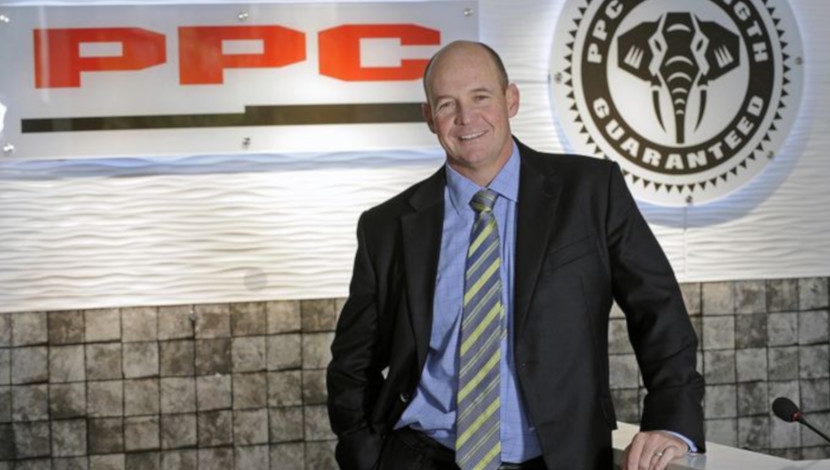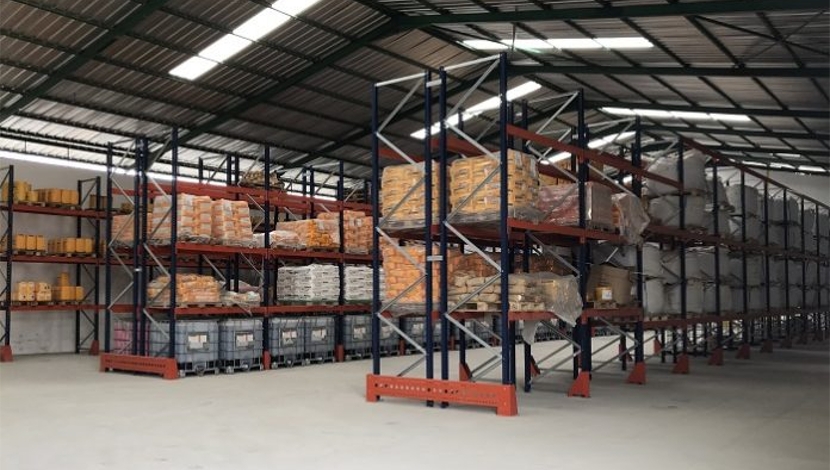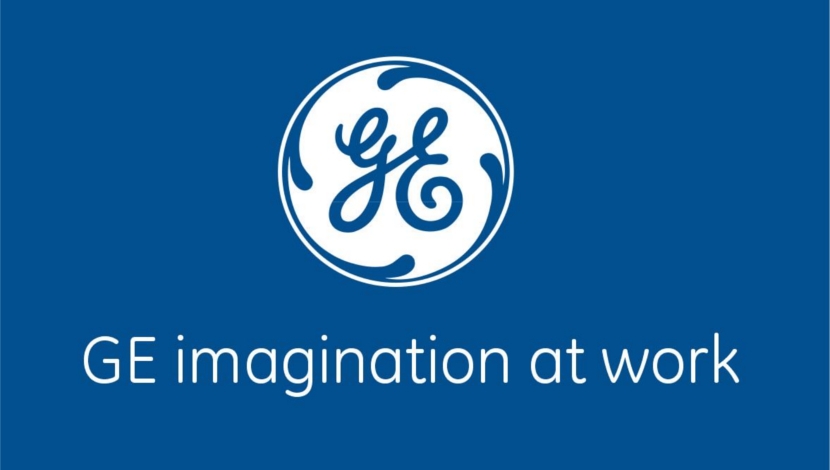

THERE is a new scramble for Africa going on — much of it by Africans. While Barclays is beating a retreat from its operations on the continent, local and regional companies, banks and other funding and savings institutions are stepping in. This is deepening the pools of continental capital.
One new scramble is taking place in the African cement products and services market.
Deloitte says investment in African mega-projects has surged in recent years, despite the aftershocks of the global financial crisis.
Given the poor state of SA’s construction and engineering environment, and a stagnating domestic economy, more SA companies are looking to the rest of the Africa for returns. One such company is Pretoria Portland Cement (PPC), listed on the JSE for the past 100 years.
It is reinventing itself to become a “world-class provider of materials and solutions” to the basic services sector.
First it wants to become a major player in Africa, then it wants to go global, more than doubling its business every 10 years.
PPC has invested heavily in Rwanda, Ethiopia and the Democratic Republic of Congo (DRC), to derive 40% of turnover from the rest of Africa by 2017.
It is also investing in Zimbabwe, despite that country’s economic collapse. It has been there since 2000, and its plants there are among the most modern in Southern Africa, serving both Zimbabwe and neighbouring export markets.
The global mineral commodities rout has set things back somewhat, but PPC and other regional cement producers like AfriSam and Lafarge are forging ahead.
PPC’s Chinese-built Cimerwa subsidiary in Rwanda’s Great Lakes region exemplifies these dynamics well.
SA cement markets now have substantial new capacity in the form of large greenfield investments by Nigerian-backed Sephaku cement and Chinese-backed Mamba Cement, even as local demand has stagnated since SA’s hosting of the 2010 Fifa World Cup.
PPC alone has enough capacity to supply nearly 70% of existing national demand of about 12Mt/year. This has forced major cement producers in the country to reassess their businesses. They now aim to become “solution providers” to the basic services sector elsewhere in Africa.
To this end, PPC intends to increase overall capacity by about 50% to nearly 13Mt by 2018, much of this being produced outside SA.
CEO Darryll Castle said that the company could provide products and solutions to a “wider clientele without taking the focus off our core cement-making business”. This will “insure [us] against changes in our industry”, he said.
Since buying a majority stake in the 30-year-old former state-owned Cimerwa business in January 2013, PPC has overseen the building of a new plant next to the old in the southwestern border area of Rwanda, flanked by the DRC and Burundi.
The US$165m project will increase annual output from 100 000t to 600 000t.
Cimerwa chairman Jonathan Gatera says Rwanda’s economy is growing at between 7% and 8% a year.
Gatera says Rwanda’s government wants to continue to privatise state-owned projects. “There are five secondary cities that need to be built by 2020,” he says.
Kigali alone will need another 450,000 housing units as urbanisation is expected to encompass 35% of the population of about R12m by 2017.
The country ranks high in the World Bank’s “ease of doing business” rankings and in the World Economic Forum’s global competitiveness index, especially compared with African peers. It takes six hours to register a business in Rwanda.
There is plenty of room for growth in manufacturing, and construction-related activities are already 8% of GDP.





